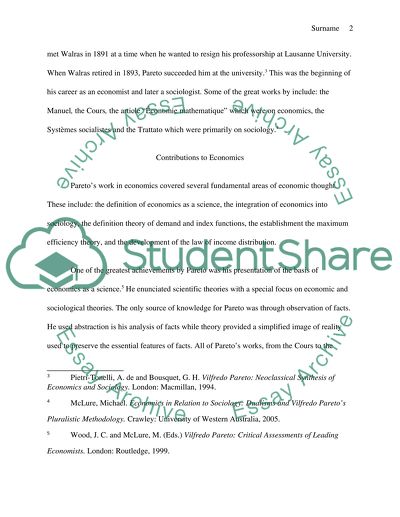Cite this document
(“Contributions to Economics and Sociology Vilfredo Pareto Term Paper”, n.d.)
Retrieved from https://studentshare.org/macro-microeconomics/1398061-contributions-to-economics-and-sociology-vilfredo
Retrieved from https://studentshare.org/macro-microeconomics/1398061-contributions-to-economics-and-sociology-vilfredo
(Contributions to Economics and Sociology Vilfredo Pareto Term Paper)
https://studentshare.org/macro-microeconomics/1398061-contributions-to-economics-and-sociology-vilfredo.
https://studentshare.org/macro-microeconomics/1398061-contributions-to-economics-and-sociology-vilfredo.
“Contributions to Economics and Sociology Vilfredo Pareto Term Paper”, n.d. https://studentshare.org/macro-microeconomics/1398061-contributions-to-economics-and-sociology-vilfredo.


